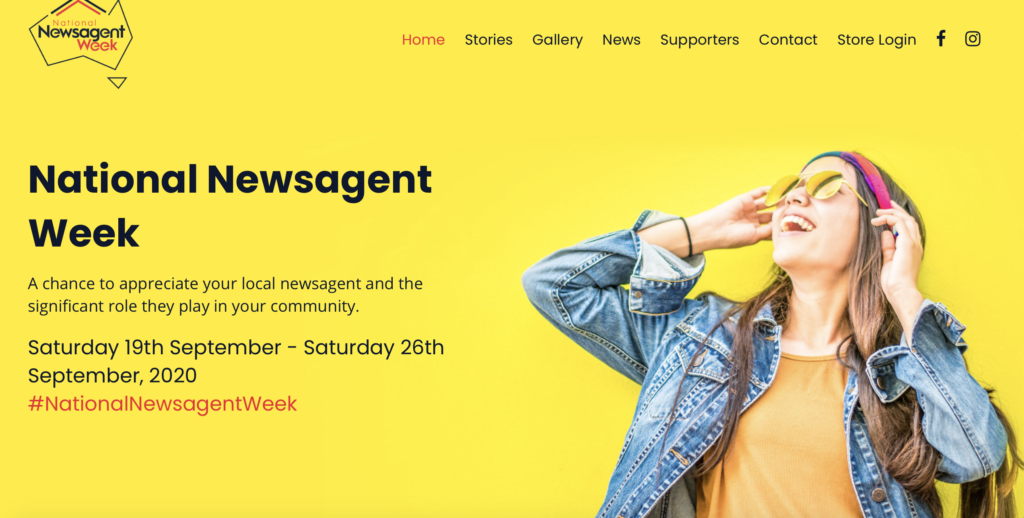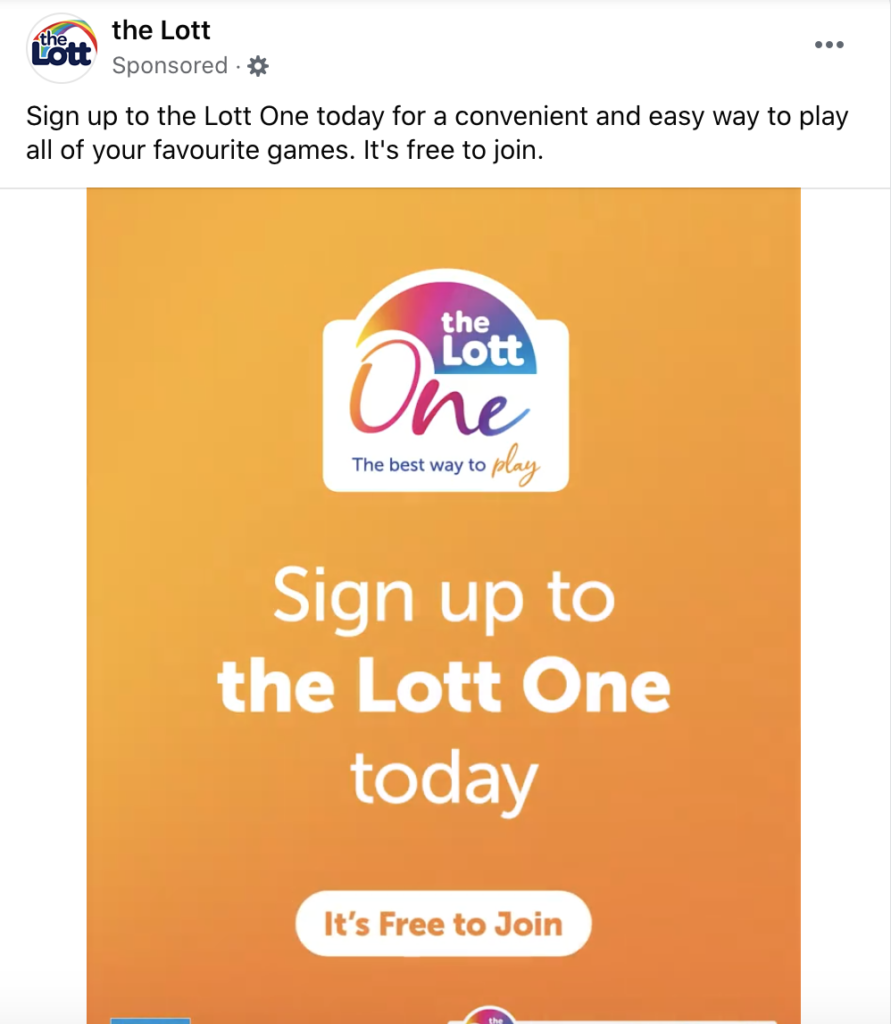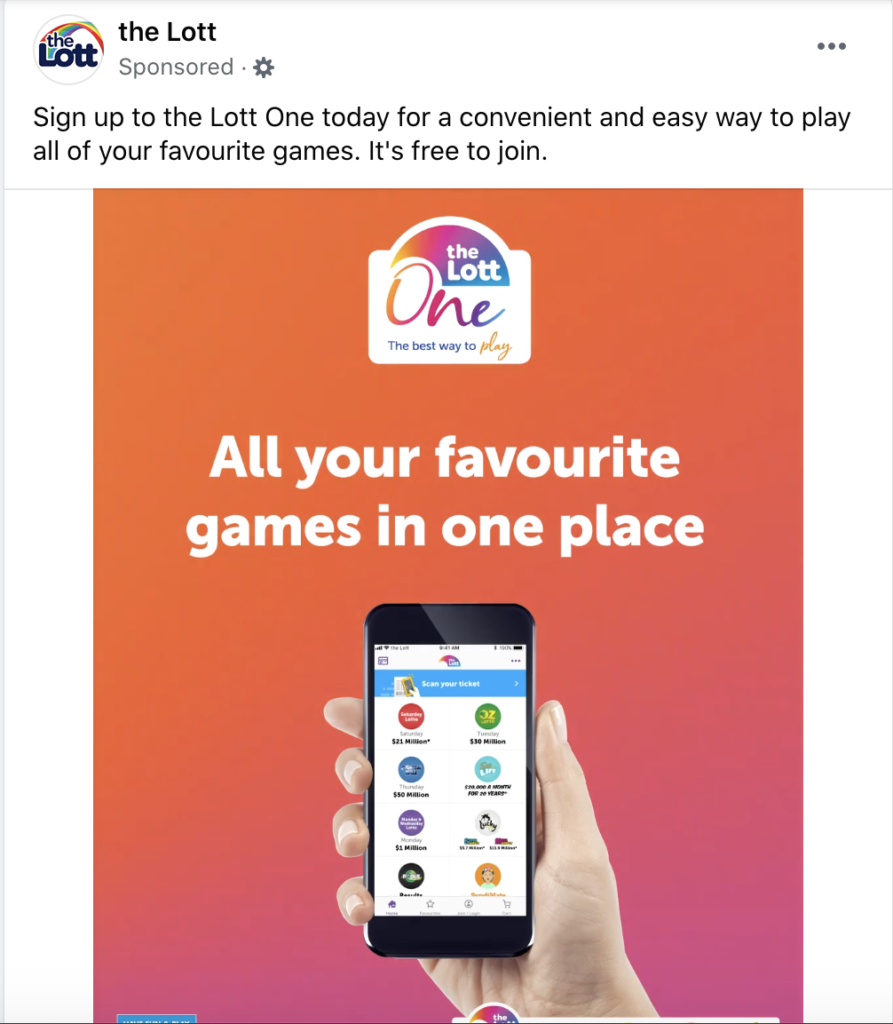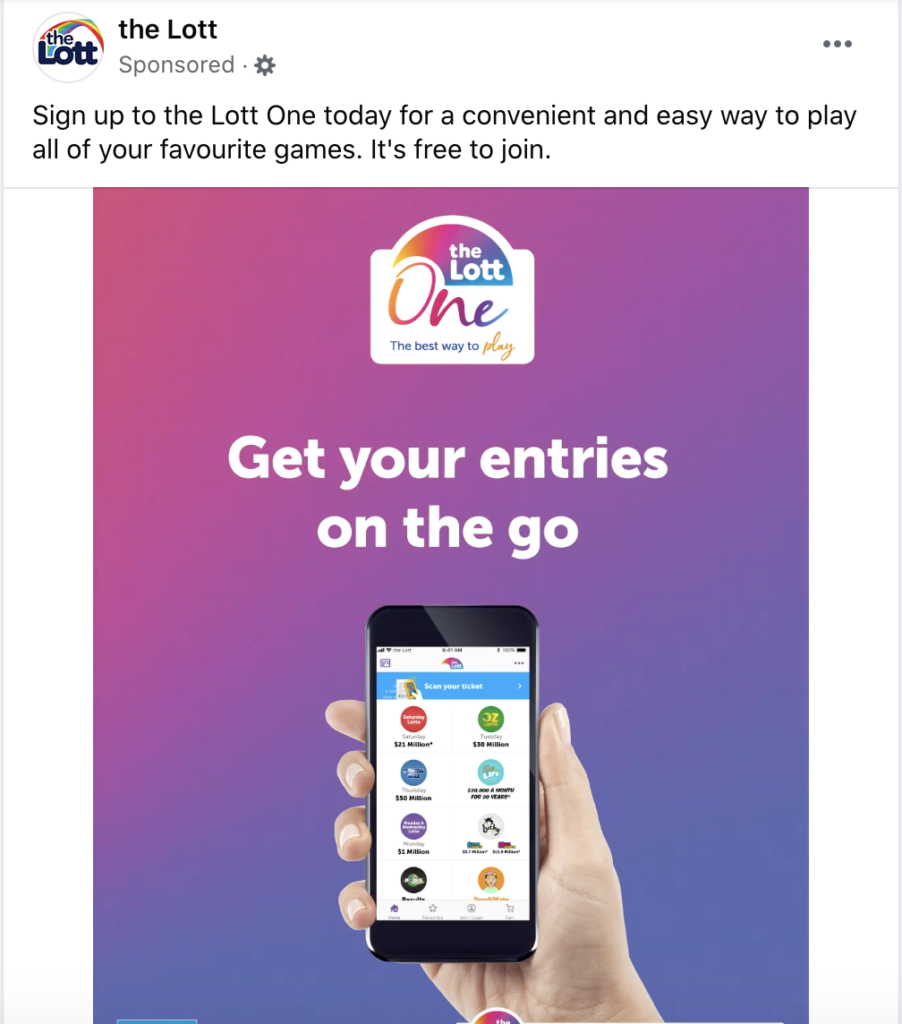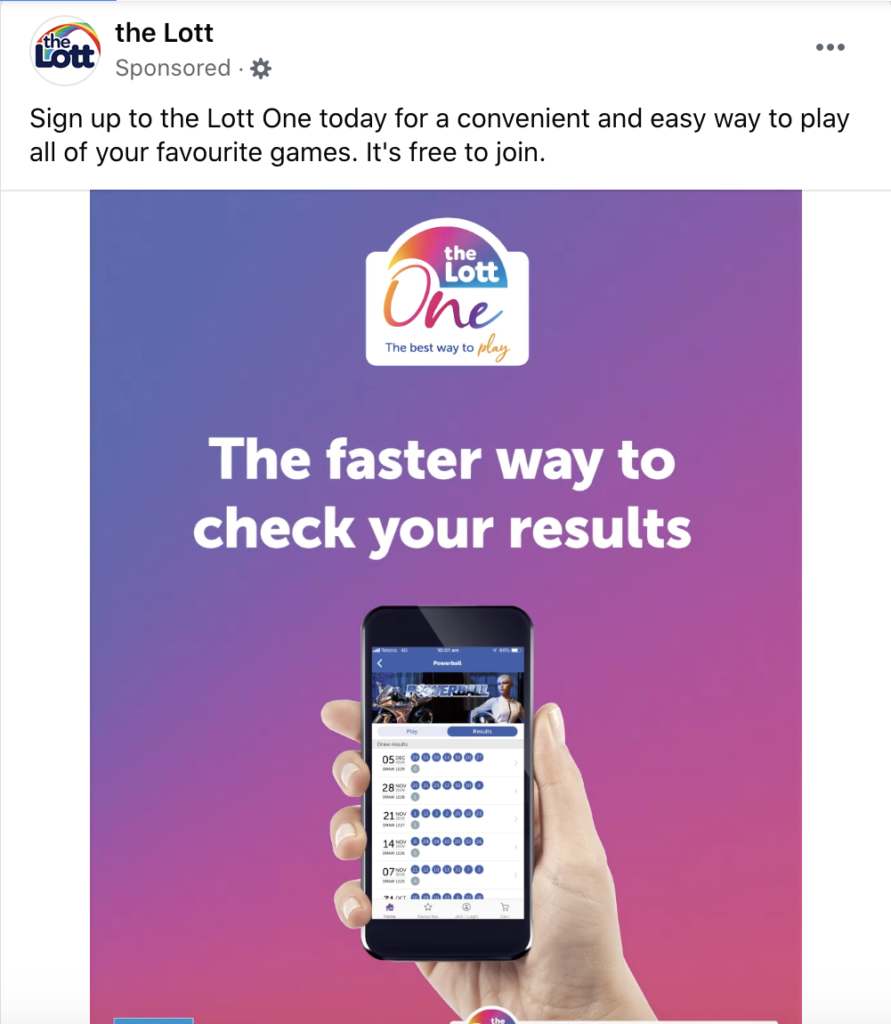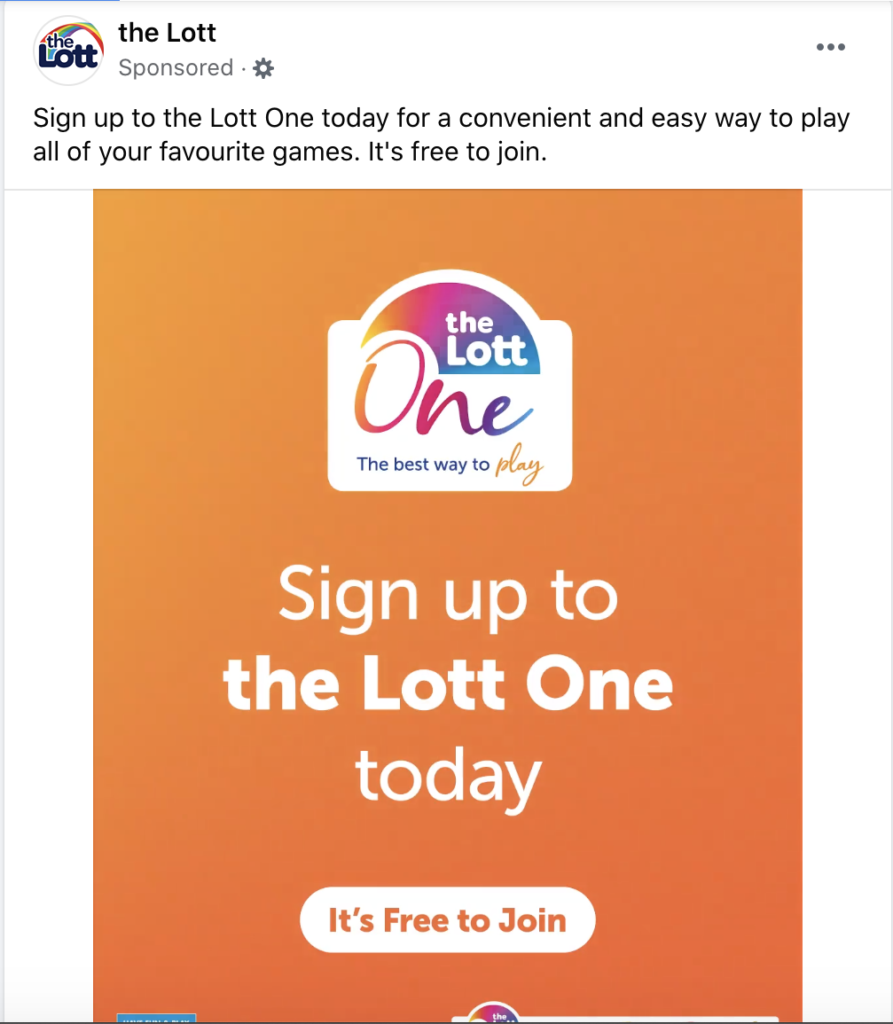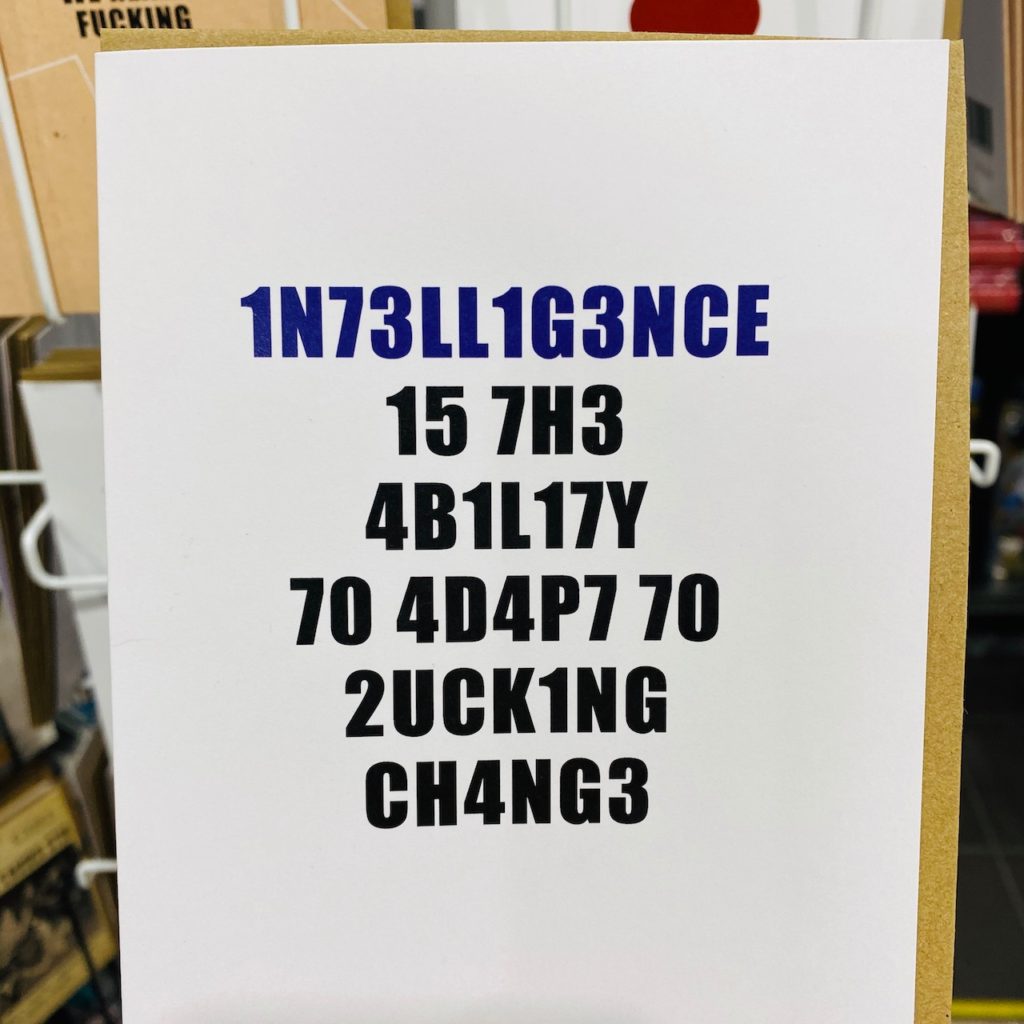Why I’m not supporting National Newsagent Week in my shops
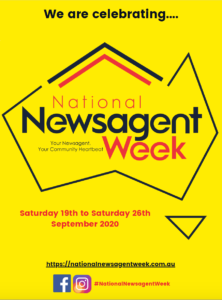 National Newsagent Week kicks off tomorrow. It’s a supplier driven week of competitions and promotions designed to support retail newsagents.
National Newsagent Week kicks off tomorrow. It’s a supplier driven week of competitions and promotions designed to support retail newsagents.
While I think there is merit in shining a light on locally owned and run businesses, like newsagencies, this campaign misses the mark.
Take the collateral, it feels like something from the 1980s. It’s not an image relevant to 2020.
2020 has been a landmark year for the newsagency channel yet the creatives behind this campaign for some reason decided to not lead with that. Instead, on the website, they have used a stock image that speaks little to newsagency businesses.
If I was running this campaign, I’d have lead with Covid and the response from newsagents and the gratefulness felt by newsagents for the support of their local communities. I’d have included iso resources people could use along with other support materials that support the essential nature of newsagency businesses through Covid.
Every image on my website would be real, from real newsagency businesses, reflecting the unique role newsagents play in their communities and the valued role the channel has played in 2020. It its heart, my website would be a celebration.
2020 has been the year of the newsagent.
- We helped keep people informed.
- We have served local communities through Covid with shopper safety top of mind.
- We have helped people relax by offering awesome jigsaws, crosswords and maker craft items.
- We have helped homes remain calm by sourcing beautiful Australian made candles.
- We have shone a light on local makers giving them retail outlets for their creativity when local markets closed down.
- We have helped with home office supplies.
- We have provided support for home schooling by finding resources that help.
- We have delivered locally on behalf of loved-ones far away who could not visit.
- We have kept local people in work.
If I was in charge, my website would answer the fundamental question of why … why a national newsagent week? The supplier focus on the hame page reflects on the parties driving the campaign.
I get that those leading the campaign feel passionate about it and may not like critical assessment. The thing is, this is not a 2020 relevant campaign. Nor is it a newsagency in 2020 relevant campaign. The website itself is old and tiresome in design.
I know that in the newsXpress newsagency marketing group, we have run a series of campaigns that shine a light on the value of the local newsXpress business. These have been personally and practically focussed, leading to beneficial local engagement.
All of the above aside, there is no harm in newsagents putting up the poster and supporting the campaign, as I expect plenty will.
Footnote: I’ve written about this today on behalf of several newsagents who have contacted me about the campaign. What I have written reflects their opinions.
